By Christine Smith, Southcoast Food Policy Council Program Manager
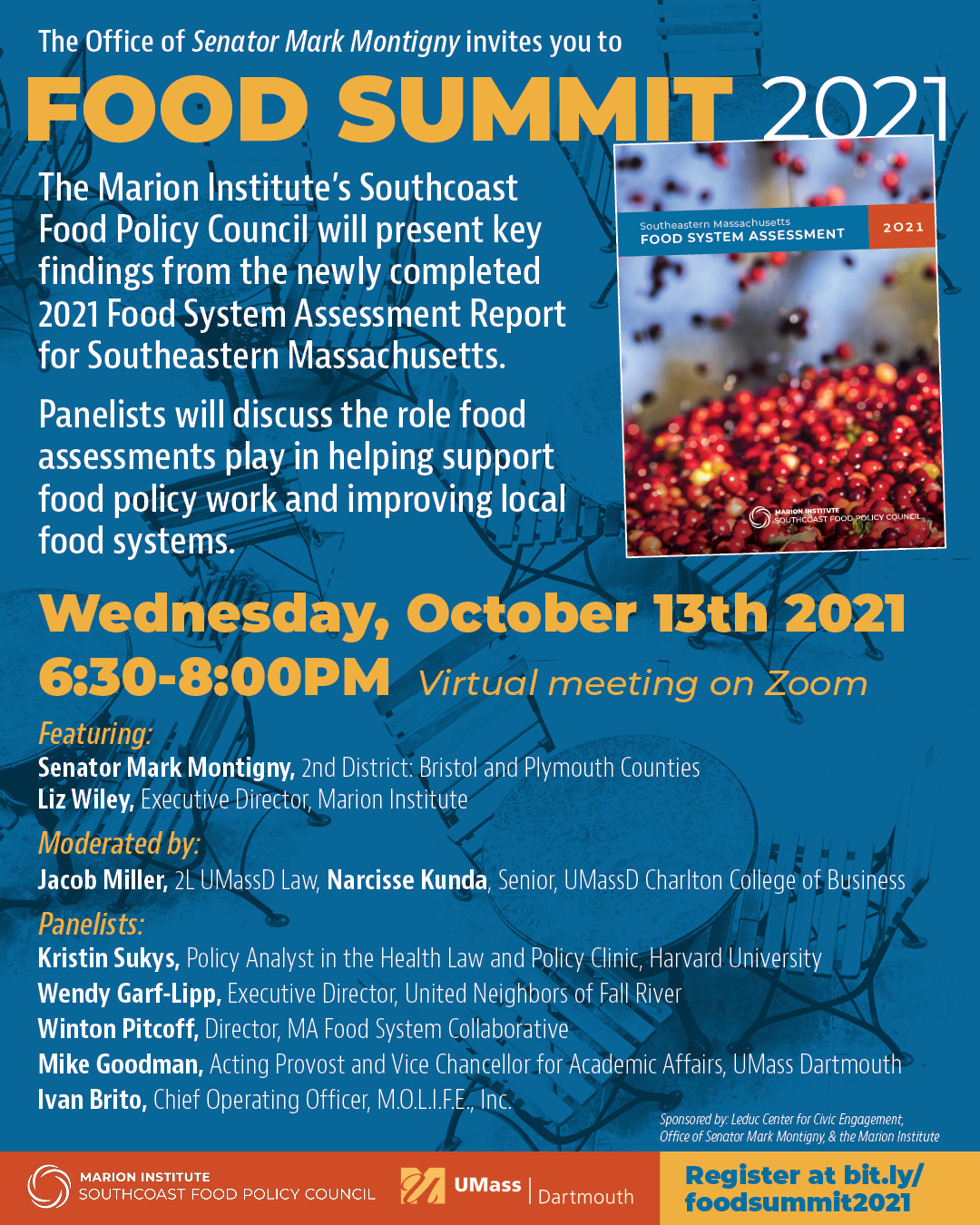 On October 13th, The Marion Institute, the Office of Senator Montigny, and the Leduc Center for Civic Engagement at UMass Dartmouth hosted the 2021 virtual Food Summit. Guest speakers included Senator Mark Montigny (2nd District, Bristol and Plymouth Counties), Liz Wiley, Executive Director of the Marion Institute, Dr. Michael Goodman, Professor of Public Policy at UMass Dartmouth, Kristin Sukys, a Policy Analyst in Health Law from Harvard Law School, Winton Pitcoff, Director of the MA Food System Collaborative, Wendy Garf-Lipp, Executive Director of United Neighbors of Fall River, and Ivan Brito, Chief Operating Officer and Coordinator of the Food Pantry at M.O.L.I.F.E. Inc.
On October 13th, The Marion Institute, the Office of Senator Montigny, and the Leduc Center for Civic Engagement at UMass Dartmouth hosted the 2021 virtual Food Summit. Guest speakers included Senator Mark Montigny (2nd District, Bristol and Plymouth Counties), Liz Wiley, Executive Director of the Marion Institute, Dr. Michael Goodman, Professor of Public Policy at UMass Dartmouth, Kristin Sukys, a Policy Analyst in Health Law from Harvard Law School, Winton Pitcoff, Director of the MA Food System Collaborative, Wendy Garf-Lipp, Executive Director of United Neighbors of Fall River, and Ivan Brito, Chief Operating Officer and Coordinator of the Food Pantry at M.O.L.I.F.E. Inc.
Senator Montigny opened this year’s Food Summit with a passionate call for food security advocates to remember, if people are still hungry, we need to “discontinue failure” and raise wages. There is an enormous amount of money at the federal and state level, and we need advocates for policy-change to push back using social media and their voices because there is money out there to make the necessary changes we need to see.
Liz Wiley, gave an impressive summary of our newly released, 2021 Southcoast Food System Assessment Report for Southeastern Massachusetts. Here are some striking highlights from the assessment:
- There are glaring inequities in the food system.
- The average age of a farmer is 59, with no one coming into the business, and 98% of farmers are white.
- In the three counties of Bristol, Plymouth, and Norfolk, only 45% of people eligible use SNAP, and even less use HIP.
- Food access can be easier using technology such as https://foodfinder.marioninstitute.org.
- Consumers surveyed in the region often or sometimes experienced food running out before there was money to buy more over the past 12 months.
- More gleaning is needed in this region, with 30% of food remaining in the farm fields.
- With the most economically important fishing port in the U.S., most seafood caught in the Southcoast is exported.
- Some policy areas of opportunity include increasing access to land, developing more right to farm regulations, increasing wages, incentivizing institutional procurement of local foods, and food loss and waste policy to name a few.
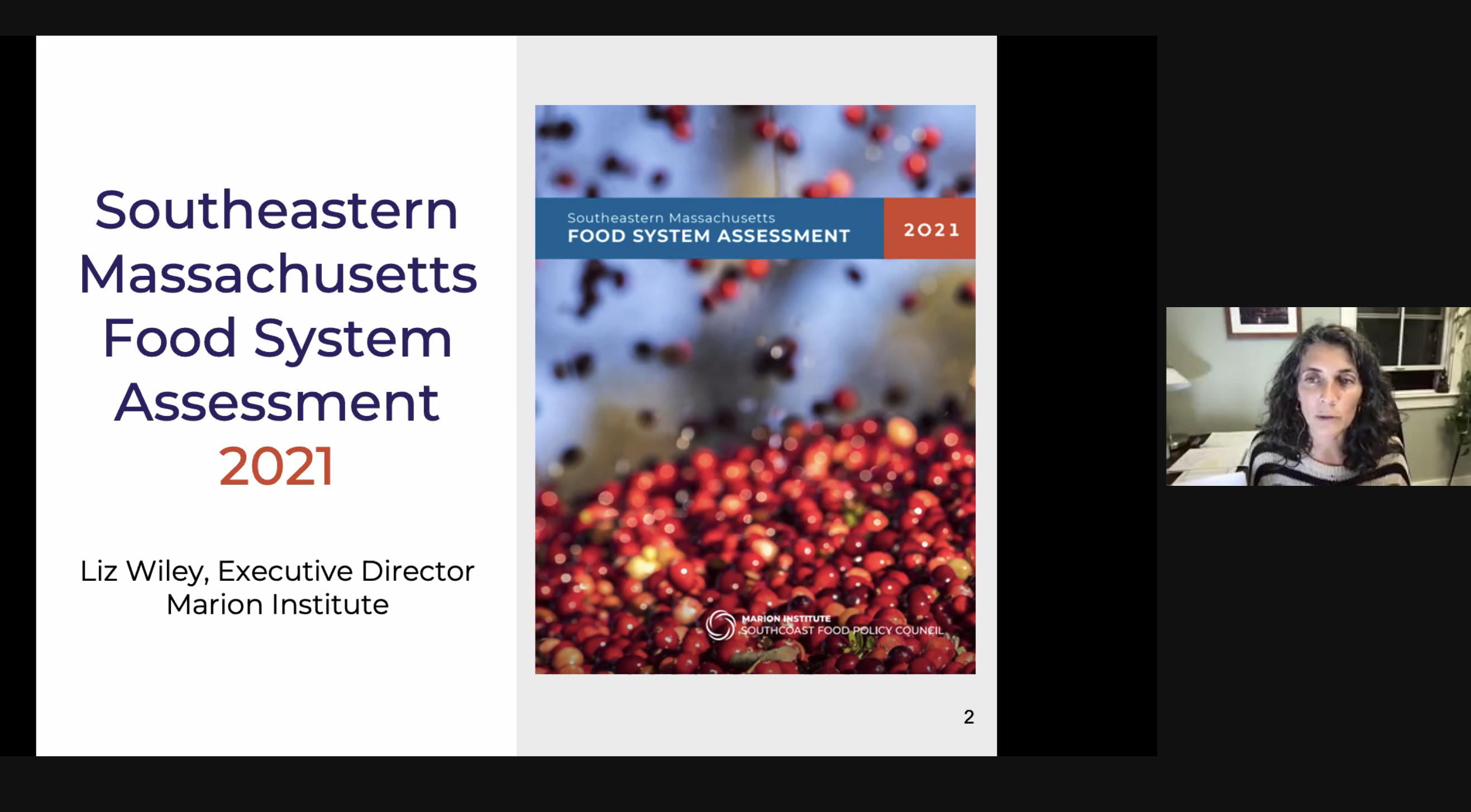 Our impressive panel of speakers touched upon many important topics. Dr. Michael Goodman, Professor of Public Policy at UMass Dartmouth, said agriculture needs to be re-developed as a viable economic opportunity to bring people into the business. The function of the market economy is to allocate resources, money, goods, and services, and when that does not happen, the economic model is a failure. Kristin Sukys, a Policy Analyst in Health Law from Harvard Law School, specified Food Policy Councils are working more on creating financial incentives in food policy, looking at the “no harm” impacts of upstream and downstream food policies, and using more food assessment statistics in their advocacy work. Winton Pitcoff, Director of the MA Food System Collaborative, stated the core problem in the food system is the disinvestment in the food system and relegation of the trust of running the food system to businesses. Right now, the power is in the hands of industrialized farming and at the federal level. Local food policy councils are at their best when connecting the parts of the food system that have too long been disconnected. When that happens, FPCs are the key to understanding
Our impressive panel of speakers touched upon many important topics. Dr. Michael Goodman, Professor of Public Policy at UMass Dartmouth, said agriculture needs to be re-developed as a viable economic opportunity to bring people into the business. The function of the market economy is to allocate resources, money, goods, and services, and when that does not happen, the economic model is a failure. Kristin Sukys, a Policy Analyst in Health Law from Harvard Law School, specified Food Policy Councils are working more on creating financial incentives in food policy, looking at the “no harm” impacts of upstream and downstream food policies, and using more food assessment statistics in their advocacy work. Winton Pitcoff, Director of the MA Food System Collaborative, stated the core problem in the food system is the disinvestment in the food system and relegation of the trust of running the food system to businesses. Right now, the power is in the hands of industrialized farming and at the federal level. Local food policy councils are at their best when connecting the parts of the food system that have too long been disconnected. When that happens, FPCs are the key to understanding 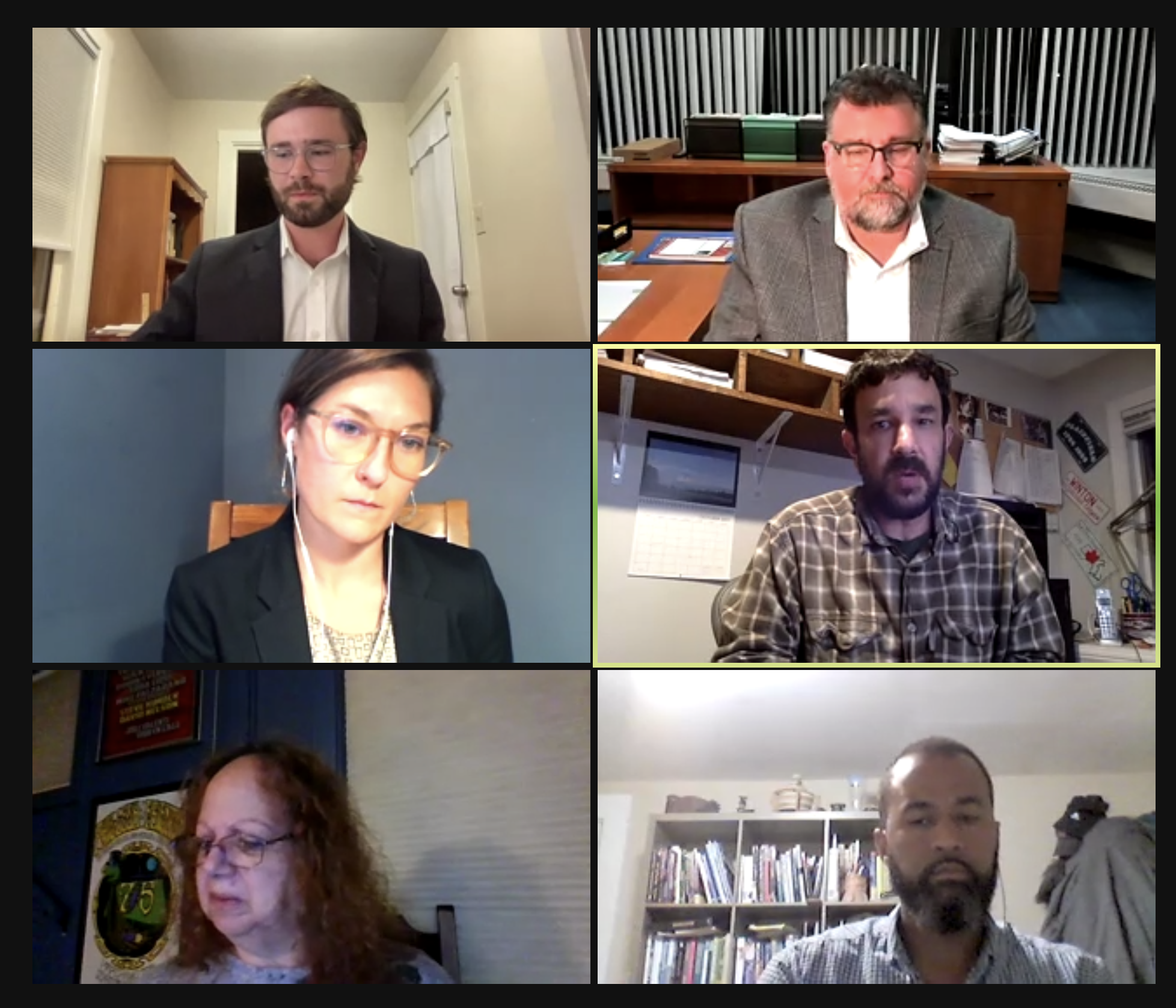 the local assets and resources to ensure fair treatment of all people in the food system. Wendy Garf-Lipp, Executive Director of United Neighbors of Fall River, declared that we cannot have a food system where we access our food from one place because there is no backup food coming to us in a crisis. We need to create a new food system, with everything locally grown for the local community. Ivan Brito, Chief Operating Officer and Coordinator of the Food Pantry at M.O.L.I.F.E. Inc., said that we need to work on policy changes and a food revolution, where we are in more control of our food. Our food pantry is just one truck away from no food because too few local resources are available.
the local assets and resources to ensure fair treatment of all people in the food system. Wendy Garf-Lipp, Executive Director of United Neighbors of Fall River, declared that we cannot have a food system where we access our food from one place because there is no backup food coming to us in a crisis. We need to create a new food system, with everything locally grown for the local community. Ivan Brito, Chief Operating Officer and Coordinator of the Food Pantry at M.O.L.I.F.E. Inc., said that we need to work on policy changes and a food revolution, where we are in more control of our food. Our food pantry is just one truck away from no food because too few local resources are available.
To learn more, we encourage you to read the 2021 Southcoast Food System Assessment. Use it as a tool to teach students, write grants, advocate to your legislators, voice your opinion in editorials, and talk about it with friends and family. Did you miss the Food Summit? Click here to watch now.


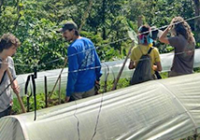
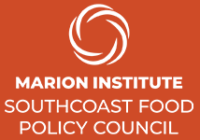
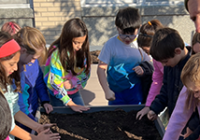
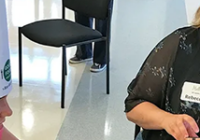






This Post Has One Comment